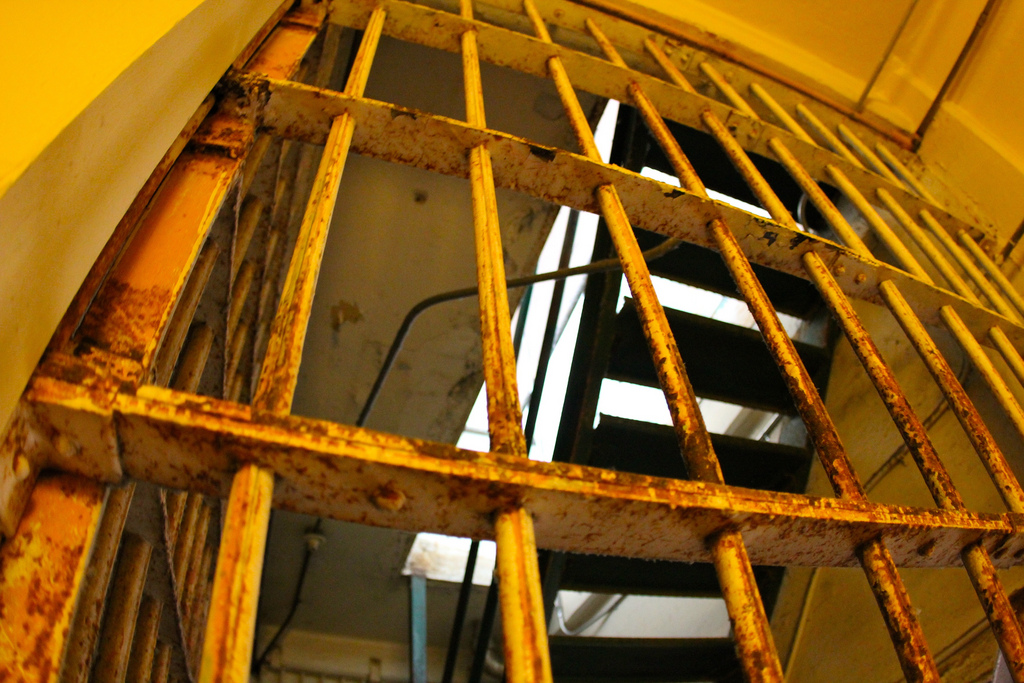The union representing prison officers in New South Wales has disputed widespread reports that a riot in the maximum security Goulburn jail was caused by religious tensions involving Muslim inmates, attributing the flashpoint for the incident instead to the most Australian of disputes: a row over a barbeque.
In a week where police and authorities have tried to maintain calm following an increase in the national terror alert level, a fatal shooting of a suspected extremist in Melbourne and national security raids in Sydney and Brisbane, the Public Service Association (NSW) has coldly cautioned that the safety of its members is also on the line.
Although issue of religious prisoner groupings, particularly Muslims and prisoner converting to Islam, has recently become a topic of heated debate, the PSA is warning that overcrowding in jails and shrinking prisoner-to-office ratios remain a very real and active risk in terms of a trigger point for violence.
“Goulburn actually has only a small number of Muslim inmates and the disturbance had nothing to do with religion despite the media reports,” said Steve McMahon, Chair of the Prison Officers Vocational Branch of the PSA (NSW).
“It started after a small group of inmates were denied access to a BBQ that is put on for those who behave themselves in the prison. Those that were excluded retaliated.”
The union is warning that a growing prison population “is placing the corrections system under enormous stress” and that staff ratios are now at “dangerously low levels.”
The PSA said the overcrowding and short staffing had heightened “the ever-present risk of violence by frustrated prisoners.”
A key point of anger for the PSA is what the union says is the winding-back and dilution of Workers Compensation entitlements since 2012 – cuts it argues police were spared from.
“While Police were given an exemption from the reforms by the State Government, Prison Officers were not and face going to work each day with less of a safety net should they be injured,” Mr McMahon said.
There are now clearly fears that the risk of injury is increasing. Mr McMahon said that payment of medical costs for Prison Officers under workers comp cut out just one year after a claim “unless there is 30 per cent full body impairment.”
“There can be no claims for pain and suffering with any lump sum requiring at least 10 per cent full body impairment and their families cannot claim ‘nervous shock’,” Mr McMahon said.
Another clear irritant is the fact that while many dangerous criminals are locked-up to remove the risk to the public, it is prison officers are most vulnerable in the workplace because they are charged with the duty of managing violent offenders day and night.
“The slogan, ‘We face what you fear’ is a simple fact of life for them,” Mr McMahon said of Prison Officers.
“They proudly stand between some of the state’s most notorious criminals and the community but should not be expected to do so without adequate workers comp protection.”
Comment below to have your say on this story.
If you have a news story or tip-off, get in touch at editorial@governmentnews.com.au.
Sign up to the Government News newsletter
Most read
Scathing report finds little has changed at PwC
Qld council welcomes progress on massive battery system
Inquiry to consider how federal govt can address councils’ sustainability issues
‘Local’ procurement turns out not to be so local, committee hears
Another report finds local government falling down on cyber security

